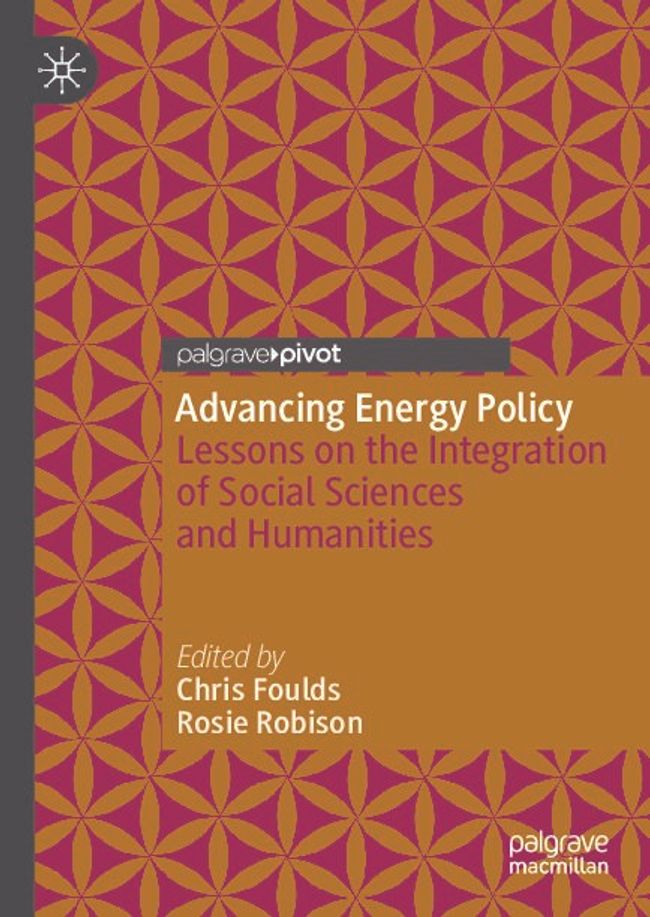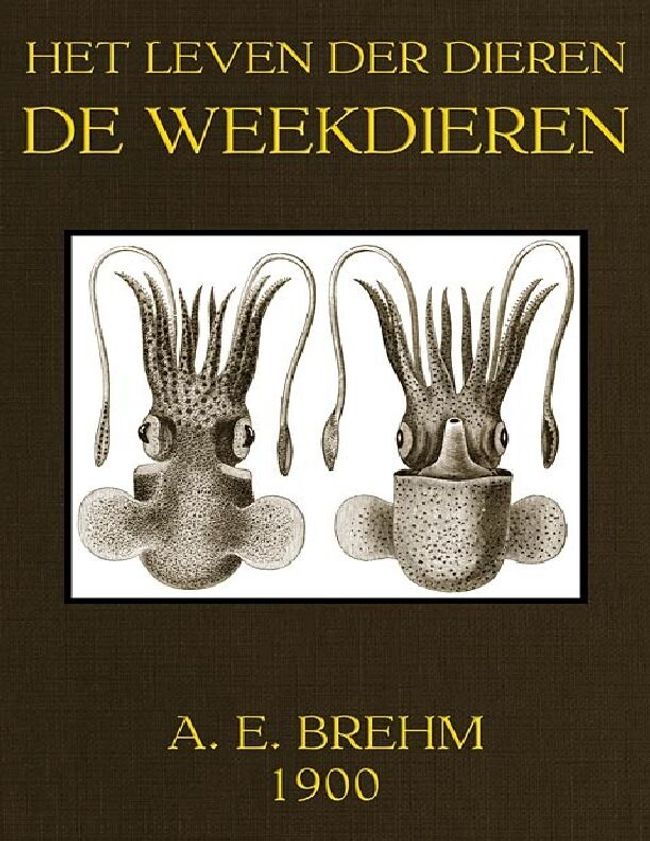Risultati di ricerca (198,845)
The Ultimate Guide for Hydrographic Surveys.pdf
Falcon Survey Engineering Consultants
Hydrographic services are related to the measurement, description, and charting of the physical features of bodies of water, including their depths, tides, currents, and other characteristics. Falcon Survey Engineering Consultants offers these services, which are used for many things, such as navigation, transportation, resource management, monitoring the environment, and scientific research. Please Visit: https://www.falconsurveyme.com/our-services/bathymetric-survey/hydrographic-survey-2/

Why Custom BigCommerce Themes are Essential for Your Online Store | OC Designs Online
OCDesignsOnline
Learn why custom BigCommerce themes are vital for your online store’s success. Discover how personalized designs enhance user experience, boost engagement, and drive sales. Explore top-quality options at OC Designs Online.

Analyse und Bewertung des I. Allunions-Kongresses der Sowjetschriftsteller in Literaturwissenschaft und Publizistik sozialistischer und westlicher Laender
CC BY
Der I. Allunions-Kongreß der Sowjetschriftsteller im August 1934 gehört zweifellos zu einem jener Ereignisse in der Entwicklung der Sowjetliteratur seit 1917, das richtungsweisenden Charakter hatte und dessen Auswirkung weit über das unmittelbare Kongreßdatum hinaus feststellbar ist.

Portfolio - Key Letsoalo.pdf
Key Letsoalo
All rights reserved to the creator of this document and its protected clients, directly and indirectly.
Graphic Design Portfolio of Key Letsoalo 2022

Outrigger and Suspension System Parts for Grove Cranes
HL Equipment
Downtime costs money. Neglected parts cost more. Good maintenance and the right Grove crane parts are the simplest way to avoid both.

Back Office Support Service pdf yes
5 Am Corp specializes in providing a professional and reliable Back Office Support Service that allows companies to focus on their core strengths while we handle the essential yet time-consuming administrative tasks.

Peptides for Health Benefits 2019
CC BY
In recent years, peptides have received increased interest from the pharmaceutical industry. The high potency, specificity, and safety profile are the main strengths of bioactive peptides as new and promising therapies that may fill the gap between small molecules and protein drugs. These positive attributes have renewed interest in the discovery, optimization, and development of peptides as pharmacological therapy. Among bioactive peptides, those released from food sources have acquired importance as nutraceutical and active components in functional foods because they possess regulatory functions that can lead to health benefits. This Special Issue covers a selection of recent research papers and reviews in the field of bioactive peptides. It covers all aspects of peptide research in relation to health promotion. In particular, it emphasizes current knowledge and research trends concerning bioactive peptides, including identification and quantification of peptides from new sources, methods for their production and purification, structure–function relationships, mechanisms of action, in vitro and in vivo assays for the evaluation of their bioactivity, physiological evidence to support health benefits, and peptide stability and bioavailability. Papers regarding the development of new drugs, functional foods, or nutraceuticals based on bioactive peptides were also considered.

NLN-NACE I Foundations of Nursing Certification Exam Study Guide and Resources
Testsexpert
Prepare for the NLN-NACE I Foundations of Nursing Certification Exam with our comprehensive study guide and resources. Get expert tips, practice questions, and exam strategies to succeed in your nursing career

Independent Theatre in Contemporary Europe
CC BY-NC-ND
Over the past 20 years European theatre underwent fundamental changes in terms of aesthetic focus, institutional structure and in its position in society. The impetus for these changes was provided by a new generation in the independent theatre scene. This book brings together studies on the state of independent theatre in different European countries, focusing on the fields of dance and performance, children and youth theatre, theatre and migration and post-migrant theatre. Additionally, it includes essays on experimental musical theatre, and different cultural policies for independent theatre scenes in a range of European countries.

Landscape Architect Slim Pre-Inked Rubber Stamp of Seal.pdf
Engineer Seal Stamps
All Rights Reserved
Enhance your professional documents with our sleek, eco-friendly Landscape Architect Stamp! This durable, pre-inked stamp offers up to 10,000 impressions before needing a refill, ensuring long-lasting performance. Its press-and-print design makes it easy to use, producing crisp, professional results every time. Tailored to meet state specifications, it’s a must-have for any landscape architect. Plus, with every purchase, you get a free e-seal in multiple formats! Check it out here: https://bit.ly/3W4OhRX

White Gold: The Commercialisation of Rice Farming in the Lower Mekong Basin
CC BY
This open access book is about understanding the processes involved in the transformation of smallholder rice farming in the Lower Mekong Basin from a low-yielding subsistence activity to one producing the surpluses needed for national self-sufficiency and a high-value export industry. For centuries, farmers in the Basin have regarded rice as “white gold”, reflecting its centrality to their food security and well-being. In the past four decades, rice has also become a commercial crop of great importance to Mekong farmers, augmenting but not replacing its role in securing their subsistence. This book is based on collaborative research to (a) compare the current situation and trajectories of rice farmers within and between different regions of the Lower Mekong, (b) explore the value chains linking rice farmers with new technologies and input and output markets within and across national borders, and (c) understand the changing role of government policies in facilitating the on-going evolution of commercial rice farming. An introductory section places the research in geographical and historical context. Four major sections deal in turn with studies of rice farming, value chains, and policies in Northeast Thailand, Central Laos, Southeastern Cambodia, and the Mekong Delta. The final section examines the implications for rice policy in the region as a whole.

Ley de Quiebras.pdf
pcs
¿Cuáles son las desventajas de la Ley de Quiebra? La quiebra o liquidación voluntaria también tiene algunas desventajas para los acreedores; los costos asociados con la liquidación o quiebra de alguien pueden ser altos. Para saber más información ¡visítenos ahora! Visit at - https://deudas.cl/foro/2017/12/06/al-declararse-en-quiebra-se-extinguen-las-deudas/

The Boy Allies with Marshal Foch or, The Closing Days of the Great World War
Clair W. (Clair Wallace) Hayes
PD-US

Achieve Success with VMCA - Veeam Certified Architect 2023 Exam | Master Your Skills & Boost Your Career.
https://www.testsexpert.com/
Prepare yourself for the VMCA (Veeam Certified Architect) 2023 exam and unlock boundless opportunities in the world of data management and protection. Enhance your professional profile and propel your career forward by becoming a certified Veeam architect. Our comprehensive exam preparation resources, expert guidance, and practice tests empower you to master the skills required for the VMCA certification. Stay ahead of the competition and showcase your expertise in designing and implementing Veeam solutions. Don't miss this chance to stand out in the industry and take your career to new heights. Start your journey today with our trusted VMCA exam preparation materials and power your way to success.

Advancing Energy Policy: Lessons on the integration of Social Sciences and Humanities
CC BY
“An impressive take on contemporary energy policy issues with much needed fresh perspectives and an all-star roster of leading thinkers. I hope that every energy policymaker or even student of energy policy reads it.” – Benjamin K. Sovacool, Professor of Energy Policy, University of Sussex, UK. “The authors brilliantly demonstrate through a number of approaches, cases and examples, how interdisciplinary Social Sciences and Humanities research could and should be mobilised in EU energy policy and future energy transition research agendas.” – Marianne Ryghaug, Professor of Science and Technology Studies, Norwegian University of Science and Technology.This open access book advocates for the Social Sciences and Humanities to be more involved in energy policymaking. It forms part of the European platform for energy-related Social Sciences and Humanities’ activities, and works on the premise that crossing disciplines is essential. All of its contributions are highly interdisciplinary, with each chapter grounded in at least three different Social Sciences and Humanities disciplines. These varying perspectives come together to cover an array of issues relevant to the energy transition, including: energy poverty, justice, political ecology, governance, behaviours, imaginaries, systems approaches, modelling, as well as the particular challenges faced by interdisciplinary work. As a whole, the book presents new ideas for future energy policy, particularly at the European level. It is a valuable resource for energy researchers interested in interdisciplinary and society-relevant perspectives. Those working outside the Social Sciences and Humanities will find this book an accessible way of learning more about how these subjects can constructively contribute to energy policy.Chris Foulds is Senior Research Fellow at Anglia Ruskin University’s Global Sustainability Institute, UK, and is co-lead of SHAPE ENERGY. His interests involve sociotechnical change, energy demand and policy interventions.Rosie Robison is Senior Research Fellow at Anglia Ruskin University’s Global Sustainability Institute, UK, and co-lead of SHAPE ENERGY.

















